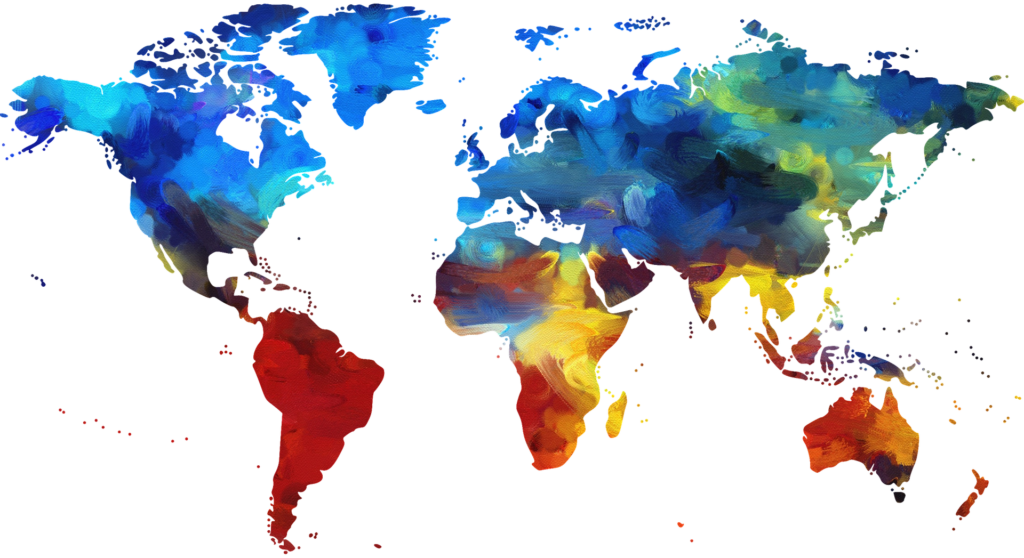
Just as the COVID-19 pandemic began five members of the Action Research Network of the Americas established a foundation. The Musical Learning Action Research Community was approved. A month later, we had a fortunate encounter with another member working from Java, Indonesia, and now this action research community is working on 16 different projects to enrich and capture the cultural perspective of the current situation across continents.
We have been documenting the personal testimonies through education processes, video recordings, interviews, public dialogue, artistic creations, observations, and documents. In so doing we have analyzed the multiple ways in which people improvise and adapt to something so all consuming, and unexpected.
Around the world, we have observed the vast disparities prompted by current social systems. In Ecuador, we have seen how private universities were able to afford the migration to virtual platforms, capacitating faculty, and helping students. Meanwhile, public universities have been defunded, faculty dismissed, and students left to protest in the streets.
In North America, some schools were able to provide devices for every student to enjoy connectivity; others were not so fortunate. In South America, we observed cases where parents had to choose between risking their health by working the streets, or letting hunger be their families’ destiny. In parts of the Americas and Asia, we have seen how students had to wait for their parents to get back so they could share one phone among two or three siblings to connect with teachers.
Cultural differences between urban and rural responses to the pandemic have prompted us to reflect. In urban centers, confinement, curfews, and instilling fear in each other became the norm. Despite this in, Ecuador’s largest city, Guayaquil, corpses laid unattended to decompose in the streets after the health and funerary systems collapsed.
In contrast, rural areas relied heavily on their community work and used togetherness as the drive to overcome hardship. On the island of Java in Indonesia, there was a revalorization – the process of resetting the value of something – of the relationship with the soil and agriculture.
Such a process led to the development of farming initiatives to provide food to those in need.
Despite the geography that tries to distant us, we keep growing close. We have relied on each other to keep advancing educational, cultural, and artistic work. Without such togetherness, it would not have been possible to share this with you.
Víctor Manuel Rubio Carrillo, PhD candidate, Frost School of Music, University of Miami
With assistance from
Natalie Vanessa Lopez, Fulford Elementary School
Joshua Argueta, Sweetwater Elementary School
David Fernando Echeverría Valencia, Universidad de los Hemisferios
Sebastián López Prado, Colegio de Bachillerato en Artes Luis Humberto Salgado Torres
Cristina Duque, Indonesian Art Institute of Yogyakarta
